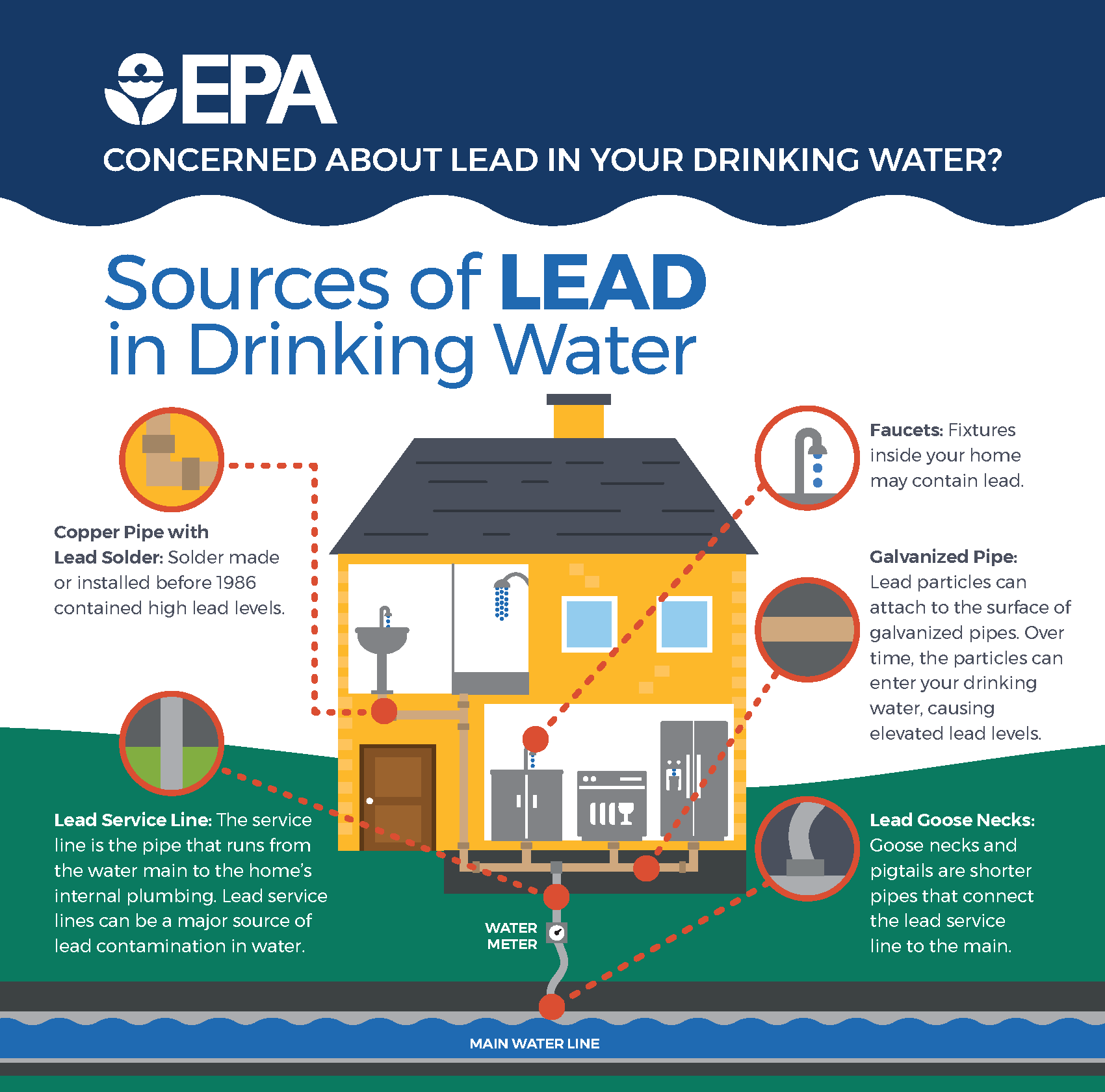Environmental impact of tap water
 Compared to what has been said about mineral water, instead tap water is sustainable, it is a 0 km product and reduces emissions and waste: in fact arriving directly in our homes and being able to be served in jugs always reusable does not pollute.
Compared to what has been said about mineral water, instead tap water is sustainable, it is a 0 km product and reduces emissions and waste: in fact arriving directly in our homes and being able to be served in jugs always reusable does not pollute.
As seen previously, the water from the aqueduct, subject to continuous controls, usually complies with the quality parameters imposed by current legislation. In most cases, tap water is controlled more carefully and frequently than bottled water making it safer.
However, not many seem to trust: this has led in recent years to the use of filter jugs or microfiltration or reverse osmosis systems. Today the scientific debate on the use of these instruments is still open since some argue that instead of making the water safer by filtering it, in reality it further impoverishes it of its mineral salts.
Another increasingly widespread tool to encourage the use of drinking water instead of bottled water, and therefore eliminating the use of plastic, is the installation of Case d'acqua, a quality public drinking water supply service , natural or sparkling, refrigerated or at room temperature through special structures, usually placed in kiosks. The system can be intended for users in a neighborhood or located within condominiums.


